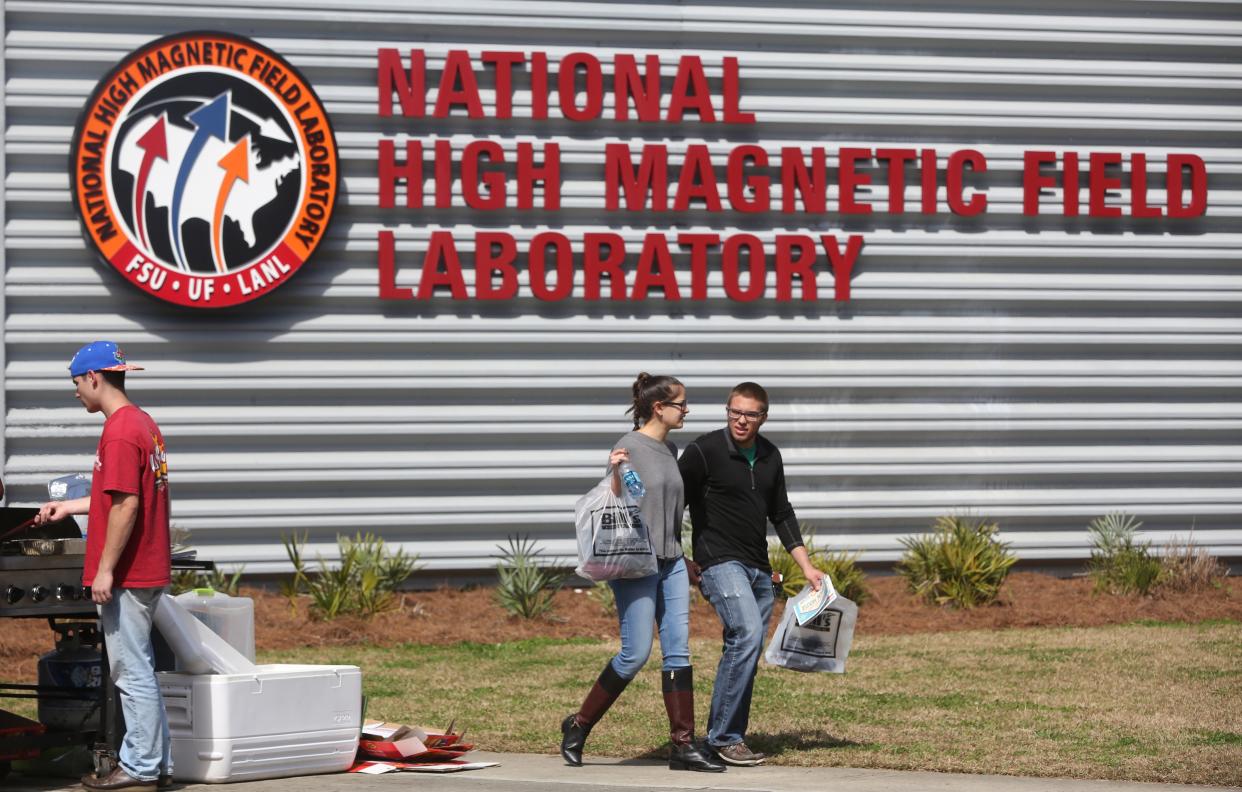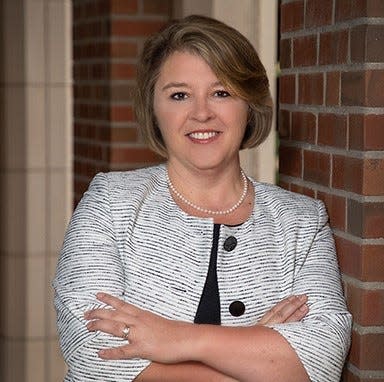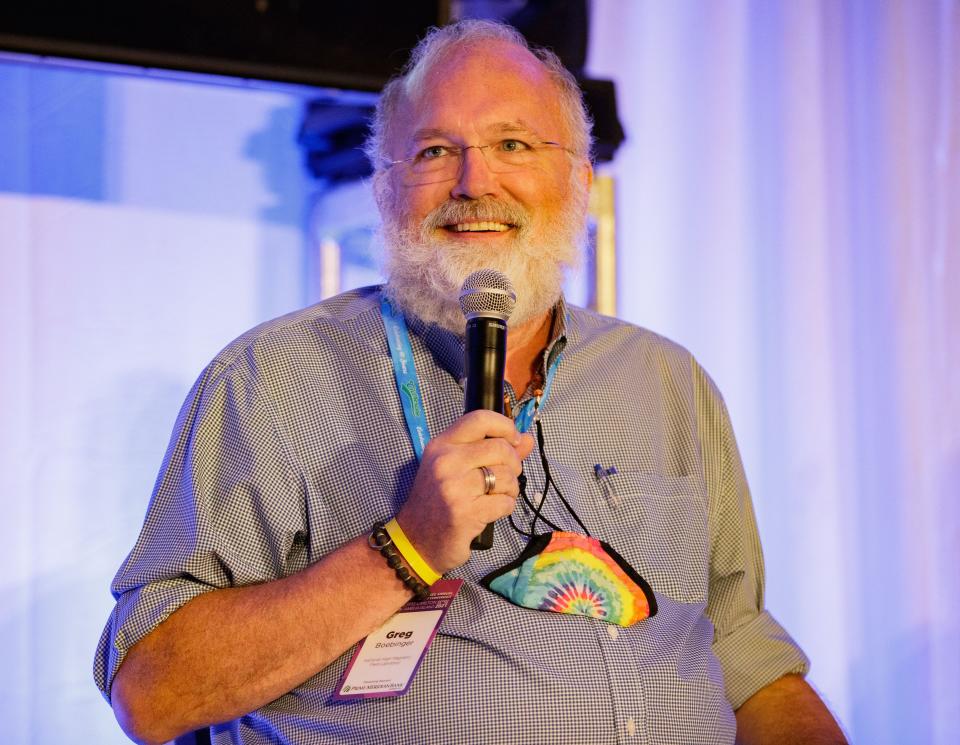National MagLab headquartered at FSU receives $195 million in funding for the next 5 years

The National High Magnetic Field Laboratory — the world’s most powerful magnet lab that also calls Florida State University home — recently received $195.5 million for the next five years.
Increasing the MagLab’s funding levels by 6%, the money from the National Science Foundation will allow the lab to continue supporting groundbreaking discoveries using high field magnets.
“While the lab serves a fundamental purpose of furthering knowledge, it also plays an important role in working with industries to enhance available technologies in areas such as magnet manufacturing, MRIs and more,” FSU Vice President for Research Stacey Patterson said in a prepared statement.
Previous funding: MagLab at Florida State receives $4.2M grant to develop next-generation magnets
More: National Science Foundation awards Mag Lab $184 million, solidifying its operations at FSU

Along with the lab's main FSU site at Innovation Park located on East Paul Dirac Drive, the national MagLab also has sites at the University of Florida and Los Alamos National Laboratory in New Mexico through its partnership with the institutions.
“The National High Magnetic Field Laboratory continues to lead by forging paths for advances with significant societal impacts,” NSF’s MagLab Program Director Leonard Spinu said in a release, “from the next generation of microelectronics and quantum devices, to clean energy technologies, to advances in medical diagnoses and treatments.”
Groundbreaking discoveries made through the MagLab since its establishment in the early 1990s range from changing the way people store and deliver energy by developing better batteries to using the world’s strongest MRI magnet for improvements in the treatment of diseases like AIDS, cancer and Alzheimer’s.
One of the lab’s recent accomplishments was discovering that a mini magnet less than four inches in size broke a record for magnetic field strength, which could be used for objects across fields like physics, materials science, chemistry, biology and engineering.
Research done at the laboratory is possible with the help of over 30,500 physicists, chemists, biologists and engineers from 54 countries that the lab has hosted since it was established. Over 1,700 scientists use the laboratory for research every year.
“The MagLab research portfolio touches so many of today’s major scientific challenges,” MagLab Director Greg Boebinger said in a prepared statement. He is also a professor at FSU and was selected last year to be a member of the National Academy of Sciences for his career in physics.
“High magnetic fields are revealing new materials for quantum technologies, combatting climate change, protecting human health, enabling the magnet-based machines of the future and paving the way to new energy solutions,” Boebinger added.
Related news: Campus Notes: FSU’s MagLab director Greg Boebinger named to National Academy of Sciences

Being a taxpayer-funded facility, the MagLab is expected to generate about $6.5 billion in economic activity and over 53,600 jobs in Florida over the next 20 years, according to a report by the Center for Economic Forecasting. It also generates about $6 of economic activity for every state dollar invested in the facility.
Individuals can learn more about the lab and its discoveries as dozens of science demonstrations are offered to visitors through monthly public tours and an annual Open House event.
The lab's next Open House is Saturday, Feb. 25. More information on the event can be pound on the MagLab's website.
Contact Tarah Jean at tjean@tallahassee.com or follow her on twitter @tarahjean_.
Never miss a story: Subscribe to the Tallahassee Democrat using the link at the top of the page.
This article originally appeared on Tallahassee Democrat: National MagLab FSU secures over $195M in funding for the next 5 years

